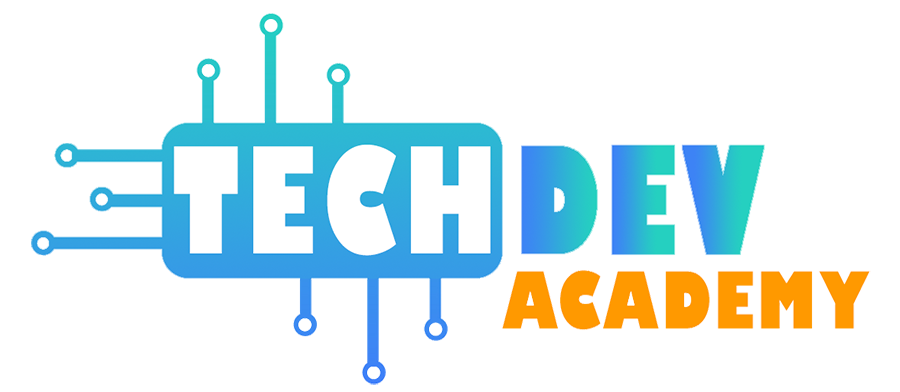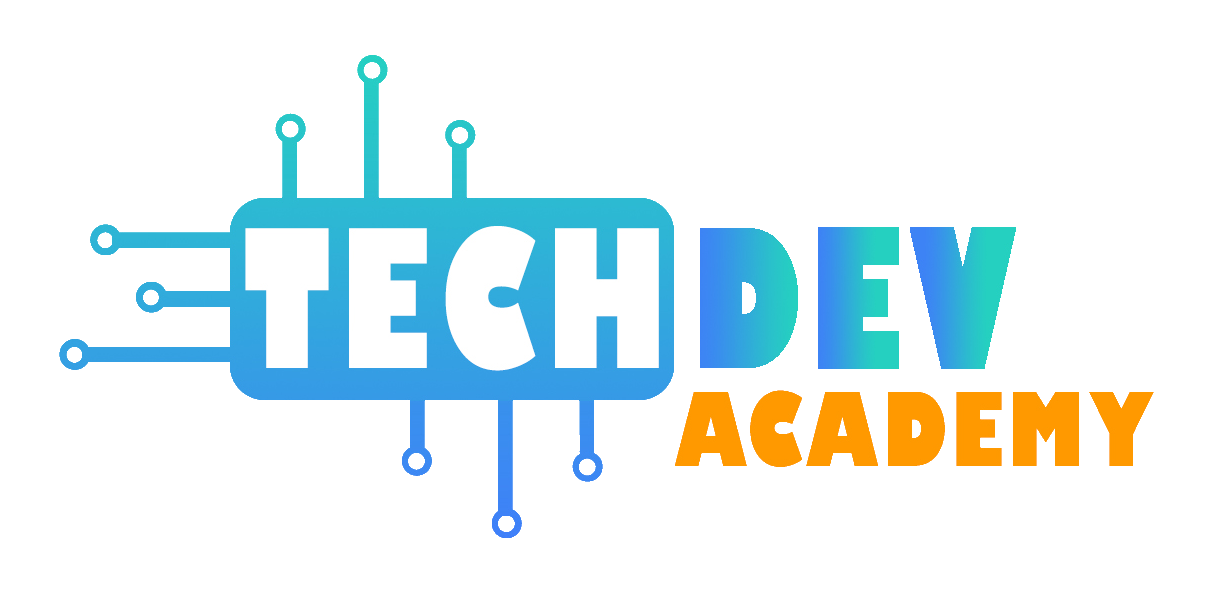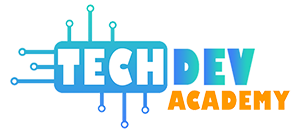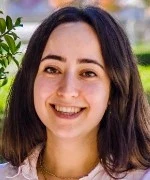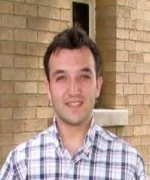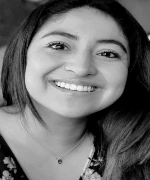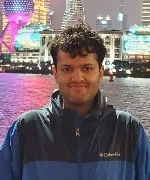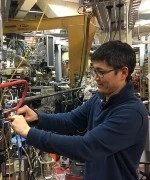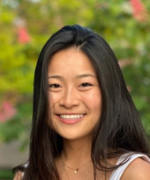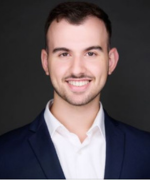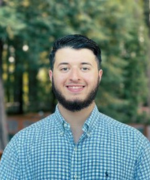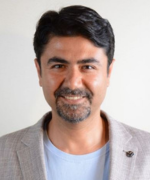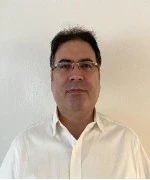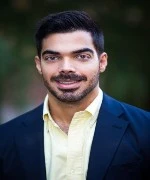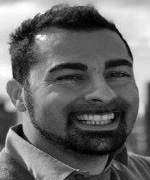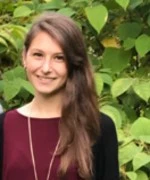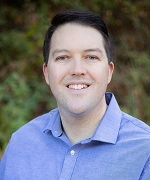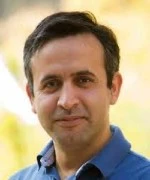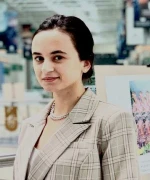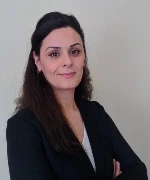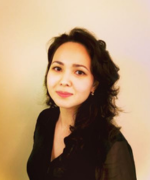

College Application Portfolio: How to Create an Effective One
If you are in high school and have plans to enter certain college programs later on, this is probably the best time to start focusing on building your college application portfolio. There are certain college programs that either require or highly encourage a portfolio from the applicants. Either way, having an exceptional portfolio would certainly smoothen your way to college.
In this guide, we’ll discuss some insider tips that will help you create an awesome college application portfolio. We’ll start with the basics- understanding why you need to have a portfolio for college admission and then move on to what exact steps you need to take.
Why Would You Need a College Application Portfolio?
Your portfolio essentially helps college admission officers take a thorough look at your talents and involvement in your chosen field. It also highlights your passions, achievements, skills, goals, and points of view.
A portfolio for college applications helps you get noticed. Admission officers usually need to sort through a lot of applications within a limited time slot. If your application is just like everyone else, admission officers are less likely to notice you. Therefore, your portfolio helps you stand out and get admission to your chosen college.
Essential Tips to Build an Outstanding Portfolio
Now let’s talk about how to create a portfolio for college admissions. But before we delve deeper into the tips, we want to emphasize that, unlike popular belief, you do not essentially need to achieve something exceptional to get noticed by college admission officers. Self-reflection and honesty are the two qualities that colleges generally look for in new applicants.
Colleges want to know your genuine self. They want to see who you truly are and what you bring to the table. And a portfolio helps you do just that. Let’s see how to make a college portfolio that shows colleges that you’re the right fit.
Get involved in a college mentorship program
College mentors help students to get prepared to face the challenges associated with college admissions. They would not only help you uncover your abilities and achieve your potential but also help you determine the most appropriate colleges for you based on your goals and requirements.
You can also expect to get help in assessing your present skills and experience based on which you would be offered suggestions and insights. If you have some problem areas that need to be addressed, your college mentor would usually develop an action plan to help you overcome those obstacles.
Another notable advantage of joining a college mentorship program is that they tend to match students with brilliant students studying at top-ranked colleges or their outstanding faculty members. Therefore, it would be easier for you to connect with your mentor personally because of his/her immersion in the college culture, college-prep experience, and relevant knowledge.
Include relevant experience
Have you developed a distinguished set of interests? If yes, have you accomplished something notable? If you have, you should mention the story effectively in your portfolio. Remember that colleges place a good deal of interest in knowing what the applicants are passionate about.
For instance, if your interests are artistic, you could work on music or painting. If you are investigative by nature, attending science camps or doing science projects would be something you could mention in the portfolio.
Additionally, if you have made contributions to the field you are planning to study, be sure to include that as well. These are the details colleges typically want to see because they demonstrate that you have got the drive and motivation necessary to succeed as a student.
Submit recommendation letters
Ask your teachers, mentors, supervisors, or anyone you worked with in your academic life for letters of recommendation that can state your ability to succeed as a student in your chosen field. Remember that the length and content of these letters are not that important. What matters is these should articulate your academic abilities and notable personality traits.
Many colleges require applicants to submit a couple of letters of recommendation. So, you should approach a few people who know you closely. However, you should not obtain these letters from your friends and/or family members as they will not carry as much value as a letter from an eminent personality would.
When approaching for recommendation letters, be sure to tell your recommender about exactly the program and college you are applying to. If you forget to do this, chances are the recommenders may give you a generic letter to be used with all your applications.
While you can always submit the same letter with all your college applications, having a tailored one to a particular college would strengthen the recommendation.
Develop relevant skills and document them
Another thing that is helpful in application portfolio development is adding relevant skills. If science interests you and you want to join a science program in college, it would be a prudent decision to take lots of science classes during high school including some science electives, if possible. Similarly, if you are into arts, you should take electives in painting or sculpture.
Then you can improve and build on your interests by using extracurricular activities. You can also use community services to take these interests further and help others simultaneously. If you have obtained certificates and/or letters of recommendation for your achievements in your fields of interest, be sure to document all of them.
One thing you need to keep in mind is if you have mastered many different skills and you want to mention each of them, separate the portfolio by topic. Your top skill should be placed at the beginning of your portfolio.
Follow a simple layout
Once you have got all the above materials ready, it is time to start creating your portfolio. First of all, be sure to use a simple design and basic layouts to make the portfolio easily readable. Stay away from overcrowding the pages with text.
Using a simple and short title page would also be a good idea, irrespective of whether you are creating a web portfolio or a hard copy. You can include your name and a short biography on the first page but do not offer too much information. It will make the readers curious to see your work in detail.
Parting thoughts
A portfolio for college admission helps you get noticed and increase your chances of admission. To create a stellar portfolio, include your relevant experiences in portfolio and also attach letters of recommendation. Developing skills relevant to your intended college program and documenting them also helps a big deal. Keep it simple and let your portfolio reflect your true personality.
However, there are also some things that you need to avoid when creating a college portfolio. Make sure there aren’t any blank fields or lack of uniformity. Avoid using abbreviations and make sure there are no grammatical errors. Creating a portfolio for college admission can be a bit tricky but these tips allow you to create an irresistible portfolio that college wouldn’t ignore.
